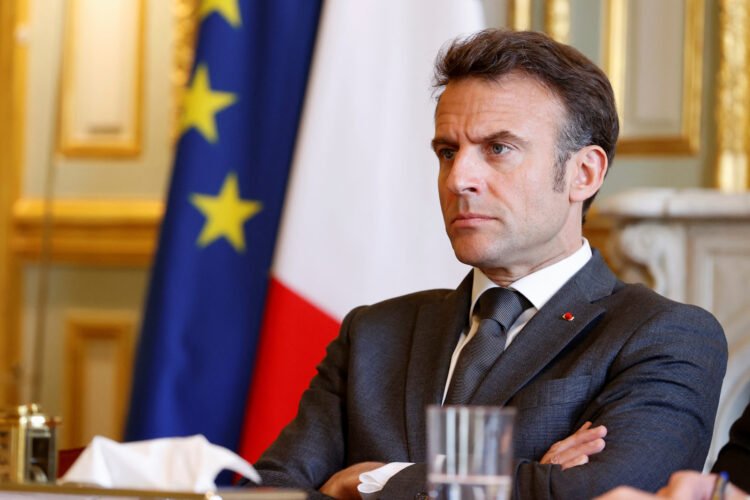Macron Commits to Full Term, Promises New PM Amid Political Crisis in France
Paris – French President Emmanuel Macron pledged on Thursday to complete his term, ending in 2027, and announced plans to appoint a new prime minister within days following the resignation of Michel Barnier, who held the position for just three months. Macron’s statement comes as France grapples with political turmoil after a no-confidence vote led to the collapse of Barnier’s government.
Accusing far-right factions of undermining stability, Macron said, “They chose disorder.” While he criticized his opponents, he also acknowledged his own role in the crisis, admitting that his decision to dissolve parliament earlier this year contributed to the current gridlock.
Acknowledging Responsibility
Macron defended his controversial move to dissolve parliament in June, which led to a hung assembly divided among three minority blocs. He admitted, “This decision wasn’t well understood and faced widespread criticism,” but maintained that it was necessary to allow voters to express their preferences.
Calling the actions of the far-left and far-right parties an “anti-Republican front,” Macron refused to take full blame for the instability, stating, “I won’t shoulder others’ irresponsibility.”
Urgent Priorities for the New Government
Macron emphasized that the next prime minister would lead a government focused on the “general interest.” To prevent a government shutdown, he plans to introduce an interim tax law by mid-December, ensuring public services remain operational and businesses can function smoothly.
The new administration will also prepare a 2025 budget to address critical priorities, including military investments, law enforcement, and support for struggling farmers.
Balancing Domestic and International Challenges
Macron highlighted the challenges France faces, including domestic political gridlock, rising national debt, and international crises like the wars in Ukraine and the Middle East. However, he expressed confidence in France’s ability to overcome adversity, referencing the successful Paris Olympics and the upcoming reopening of Notre Dame Cathedral as examples of the nation’s resilience.
“France has shown this year that we can achieve the impossible. We must bring that same spirit to address our political challenges,” he said.
Opposition and Economic Concerns
Macron faces growing calls for his resignation from opposition leaders, including far-left politician Manuel Bompard, who argued, “Stability requires the President to step down.” Marine Le Pen, leader of the far-right National Rally, stopped short of calling for Macron’s resignation but predicted mounting pressure on the presidency.
The political deadlock has raised economic concerns, with analysts warning of rising debt and potential interest rate hikes. Moody’s highlighted the risk of deteriorating public finances, exacerbating uncertainty in financial markets.
Public Discontent
Public frustration was evident during a teachers’ protest in Paris against education budget cuts. Demonstrators criticized Macron, with some calling for his resignation.
“Macron bears responsibility for dismantling public services,” said Dylan Quenon, a teacher in Aubervilliers. “The only solution is for him to leave office.”
Despite widespread discontent, many protesters expressed skepticism about the future. “I’m relieved this government fell, but I worry about what might come next,” said Elise De La Gorce, a teacher in Stains.
Macron now faces the critical task of appointing a new prime minister capable of navigating a divided parliament and restoring confidence in his administration.

 English
English



























































